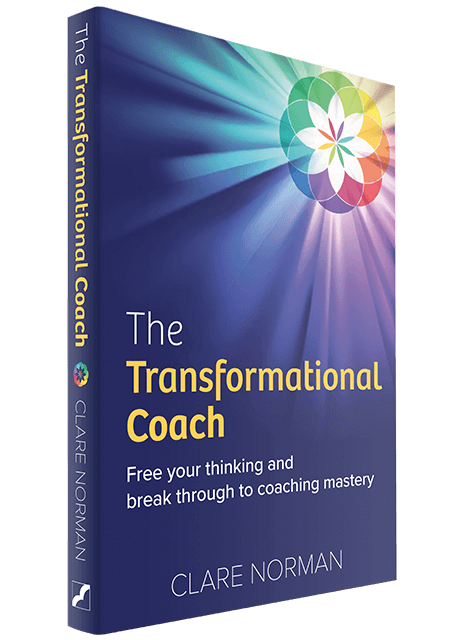In this series, we’re looking at how to use coaching to support a phenomenal employee experience during the transitions that employees encounter in their careers. Coaching isn’t the only intervention of course, but it can help the employee to work with the psychological impact of change – what are they leaving behind, what are they struggling with in the “not knowing”, and how do they make a great new beginning.
Employees who are re-joining the workforce after a break of some kind can benefit from coaching to help them to start strong. This might be returning mothers (and fathers come to that), but it might also apply to those who have been on a sabbatical, or taken a study break, or been on sick leave. They will mostly want to start strong.
Coaching for endings for those re-joining the workforce
In the case of the predictable career breaks, it’s wise to start the coaching before they even leave. There is “closure” to be done, and preparation for the mental shift needed for the break. It will be a different life for a while, so it makes just as much sense to plan for the break as it does to plan for the return.
Coaching in the neutral zone for those re-joining the workforce
Ideally, coaching in the break can be useful too, to keep the employee connected; and particularly just before they return to work, getting their head and heart back in the game. For working Mums, that’s particularly important, as they now have a different priority in their life and they’ll want to adjust their working patterns to be sure that their new baby’s needs are met.
Coaching for new beginnings for those re-joining the workforce
The new mum has a new identity, and she may be asking questions like, “am I still the person I was?”, “do I see myself as a professional any more?”, “how do I leave my new identity as a mother behind when I go to work?”, “is the best mum the one who goes to work or the one who stays at home?” This is prime territory for coaching, to enable her to figure out these and many other questions around juggling of priorities, guilt at leaving their child in someone else’s hands, what kind of childcare arrangements to choose etc. Until they have figured out those childcare arrangements, their thoughts about their career are likely to be on the back-burner; so it’s in their and the business’ interests to help them to think this through for their own context.
The new Mum has new relationships to tend to, and coaching can really help her to figure out her relationship with the adults in her life (spouse, elders, friends), her relationship with her child, her relationship with the organisation. Conversations are important in all these relationships, to avoid making assumptions – and to avoid others making assumptions about her needs. If the Mum can be supported to articulate her needs in these relationships, and articulate those, she is much more likely to have those needs met, rather than people second-guessing what she might want and need.
Of course, the working Mum will need support from others in her network; we’ve purely focused on the coach. That could be an internal coach or external. The important thing is that she gets the chance to figure out with a neutral supporter what she is leaving behind, what she is struggling with in the “not knowing” of the new situation, and how she makes a great new beginning that works for her, her family and her organisation. The same applies for those who take a sabbatical or long-term study leave.



